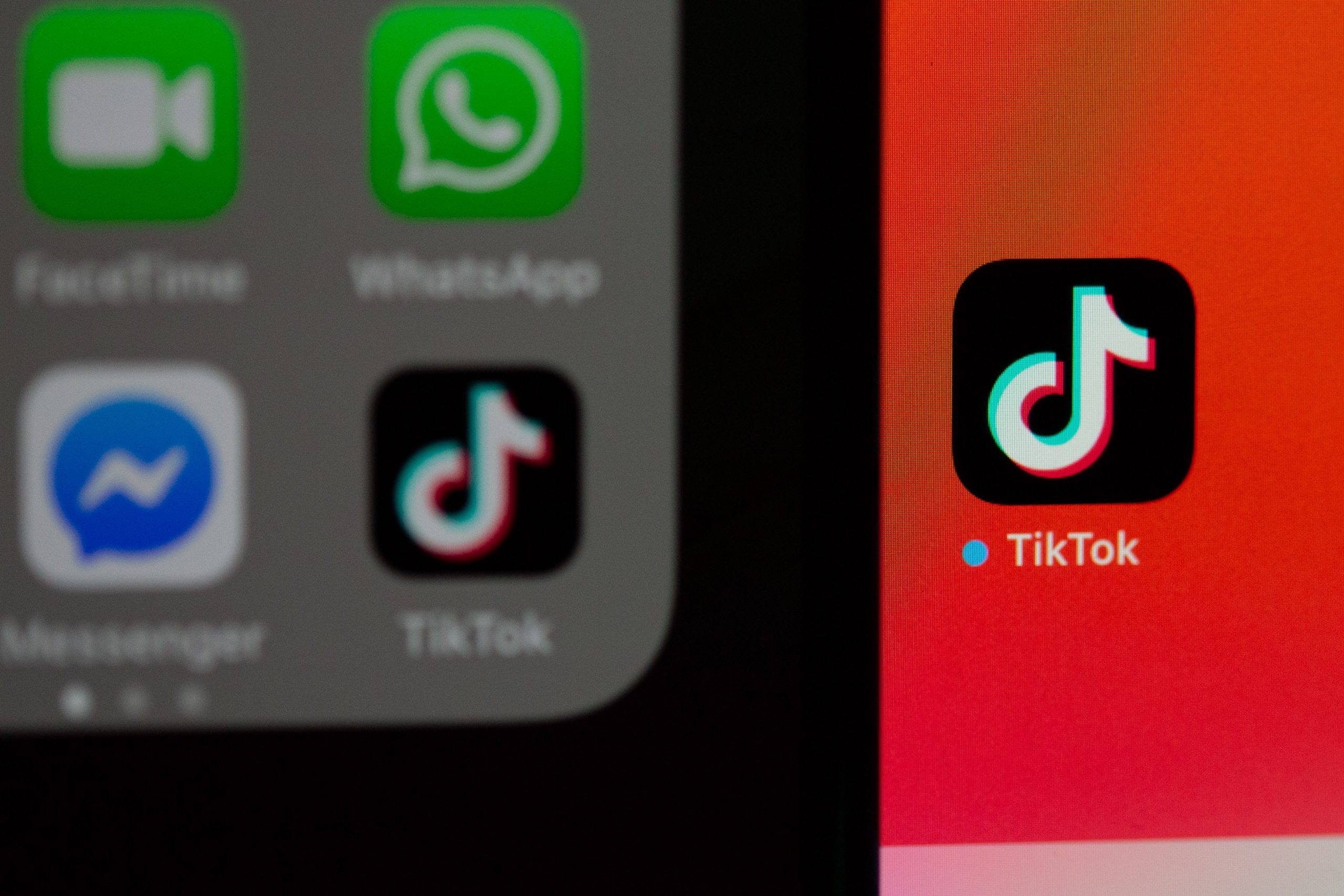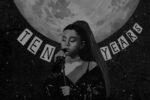Pete Davidson and Timothee Chalamet starred in a sketch titled “Rap Roundtable” on “Saturday Night Live” aimed at critiquing modern-day rappers. The sketch also featured popular artists like Queen Latifah and Questlove in an attempt to discuss the current state of the hip-hop industry. One thing that becomes apparent right from the start is the two sides of the industry: artists interested in story-telling and rappers interested in partying.
Storytellers have an extensive history in the industry, whereas the partiers are SoundCloud success stories. The two sides try to coexist, but the storytellers become infuriated at the partiers because of their lack of respect and knowledge on all things rap. Questlove says hip-hop is “The lyrical tradition of America,” whereas Davidson’s character says, “Nah for me it’s about that yeet-yeet.”
The sketch went viral on social media, and it racked up 6.6 million views on YouTube for the comedic performance of the ad-lib-filled song, “Yeet,” by Davidson and Chalamet. Although it makes for a good laugh, the truth in the sketch cannot be overlooked. One-hit wonders are slowly killing the music industry due to their lack of ingenuity and consistency.
The Evolution of Hip-Hop
The worldwide phenomenon of hip-hop has roots in the neighborhoods of Bronx, New York in the 1970s. Drawing influence from already existing genres like reggae and funk, hip-hop was played at clubs and parties all over New York City and inspired a whole new generation. Hip-hop created a youth movement that soon spread across North America in the 1980s and started to become mainstream. For the first time in 1989, the Grammy Awards created another category for best rap performance, which was awarded to DJ Jazzy Jeff & The Fresh Prince (Will Smith).
Rap transcended all expectations in the 1990s. The Atlantic claims the year 1991 to be especially important in rap history because it was the first time a rap album hit number one on the Billboard 200. N.W.A.’s album “N*ggaz4life” made history and sold almost one million copies in its first week. The article goes on to quote a UK study that claimed the rise in popularity of rap and hip-hop culture as “‘the single most important event that has shaped the musical structure of the American charts.’”
The 2000s were dominated by hip-hop and rap artists who would go on to have long-lasting careers. Household rap artists like Jay-Z, Eminem and Diddy started to become bigger than just rappers and soon became cultural icons. They started to dip their toes in other profitable industries like clothing, clubbing and music production. Hip-hop not only transformed pop culture in North America, but around the world as well.
The harsh lyrics and beats appealed to younger generations in Europe, Africa and East Asia. Soon enough, teens from different countries started combining lyrics in their respective languages with traditional hip-hop stylings. The creativity of these individuals paved the way to form other popular music genres like K-pop and C-pop.
TikTok Has Become a Breeding Ground for New Artists
When ByteDance first bought the video-sharing app Music.ly and changed its name to TikTok, no one could have predicted the effect the app would have on the music industry. The app has become much more than simply posting lip-sync videos. It has become a hub for content ranging from dance videos to comedic accounts.
One of TikTok’s very first successes was Lil Nas X, known for his record-breaking song “Old Town Road.” His song accompanied a viral TikTok challenge which led to viewers streaming it on other platforms. Since his viral hit song, he has gone on to release other music and collaborate with artists like Cardi B. He is one of the few examples of TikTok artists that went on to build a steady career following their viral success.
However, the same cannot be said for other so-called “TikTok rappers” who were discovered on the platform. The app has shifted from being a place where artists make their big breaks to fostering an environment of one-hit wonders whose sole purpose is to accompany a viral dance trend.
Davidson and Chalamets’ characters in the “SNL” skit mention that they weren’t influenced by other well-known rappers but got interested in making music because of TikTok. Chalamet even says, “What? We’re supposed to have other songs?”
Some prime examples of one-hit-wonders on the app are Roddy Ricch, a rapper whose song “The Box” topped the Spotify charts in 2019 and 2020. However, since his viral success, he has not released any new music. K Camp’s song, “Lottery,” became a hit after Jalaiah Harmon created the popular “Renegade” dance to accompany it. But after gaining popularity, none of his songs have made the same impact.
The Future of the Industry Is at Stake
Hip-hop and rap are supposed to be a reflection of the present-day culture, but the focus has gone from influencing a generation, like the artists of the 2000s did, to making a quick buck. This is not only muddling the genre’s sound, but it is also making its future very unpredictable.
Hip-hop and rap enthusiasts now have to rely on the established artists of the ’90s and 2000s to lay out the future of the industry and take the genre in a new direction. These older artists have to constantly reinvent themselves, whereas newer rappers do not have to struggle with such endeavors. If we want rap and hip-hop to have a stable future and make an impact, we cannot continue to depend on “TikTok rappers” to be the future of the industry.
















